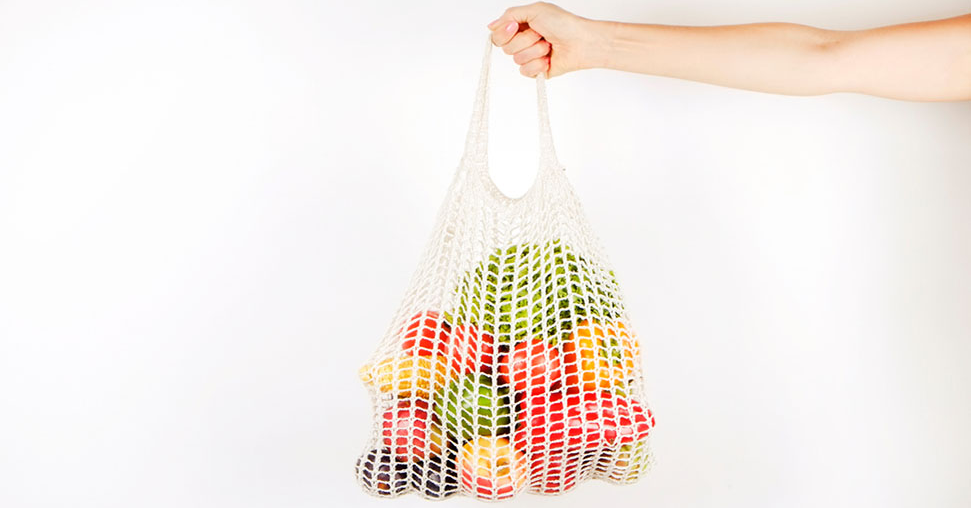
The thought process called responsible consumerism is playing an increasingly important role in digital marketing, and marketing in general.
Consumers want to make sure that they are spending money not only on a good product or service that meets their needs and wants, but towards a company that shares their beliefs and values, and is doing their best to follow economical and environmental guidelines. For example, most consumers would agree that they would choose a business with ethically sourced ingredients over one that doesn’t have those, even if they have to pay a little bit more.
There are certain aspects of a company that makes it align more with responsible consumerism, aspects that people can research and learn more about before patronizing and supporting a company, such as labor sourcing, material sourcing, and where the company’s profits go to. Additionally, there are steps companies can take to improve their sustainability and ethics, steps that will draw conscientious customers to their websites and stores.
Fair Labor Sourcing
Customers want to make sure that the money they spend on a company will support the company’s employees. To participate in responsible consumerism, customers can first find out where the products are made. If the products are made in the United States, there is a higher probability that the workers are paid a fair amount and labor regulations are followed. The United States is one of the most economically regulated countries in the world, with laws and limits on how much of something can be put into a product, and how many hours adults and children can work.
Textiles factories in particular are somewhat notorious for underpaying employees, disregarding child safety laws, and even using slave labor to save money during production. Food companies as well, especially those that work with chocolate, also often have questionable labor sources. Companies can make sure they pay their employees a living wage and follow all labor laws, and be sure to give their workers comfortable, safe working conditions. Customers can research the companies and their track record with labor to make sure that their labor sources are ethical and responsible.
Environmentally Friendly Ingredients
Products sometimes contain harmful chemicals and other kinds of ingredients that are harmful to the environment and to people, especially cosmetic and makeup products, and even some foods. Microbeads are tiny bits of plastic that clog up lakes and other water sources, and they are found in shampoos, toothpaste, face creams, and other everyday products, while BHA and BHT chemicals harm the environment, animals, and the people that use them by blocking hormones and being responsible for other toxic processes.
In food, palm oil has been a serious issue. Palm oil comes from trees, and its popularity in products like Oreo cookies and Ritz crackers accelerated the problem of deforestation before the companies ended their use of the oil. This step can be taken by other companies to help improve sustainability and help many areas of the environment. Customers can hold themselves personally responsible by checking the ingredients list of all things they purchase, checking carefully for any red flags, and choosing products that use clean, environmentally friendly ingredients.
Supporting Small Businesses
While businesses can change their ways and adapt to become more sustainable and ethical, responsible consumerism is mostly dependent upon the actions of consumers. Some of these actions include choosing to support small, local businesses over huge retail chains like Target, Walmart, and Amazon. Sometimes, these companies are the only ones that sell the product or can get it delivered in time, and consumers have no choice but to buy from them.
However, responsible consumerism suggests trying to support small businesses when consumers can do so. With more money from supporters, these businesses can afford to pay their workers more money and devote more money to sustainable materials, furthering the cycle of responsible consumerism. Especially in the COVID-19 pandemic, big retail chains have received criticism for the way they operate, while small businesses have struggled to stay afloat. Next time you have a need or want, think about checking some local stores first. Responsible consumerism has become more popular over the past few years, and businesses around the country have been adapting to the changes by paying more attention to the materials they use in their products and sourcing labor fairly.
Stores can make their consumers aware of this digitally, through social media, online ads, and websites, or in stores, but whichever way they choose, it is clear that consumers are caring more and more about where their money goes, and for companies, caring more about responsible consumerism is a step in the right direction.
This post may contain affiliate links. Meaning a commission is given should you decide to make a purchase through these links, at no cost to you. All products shown are researched and tested to give an accurate review for you.








